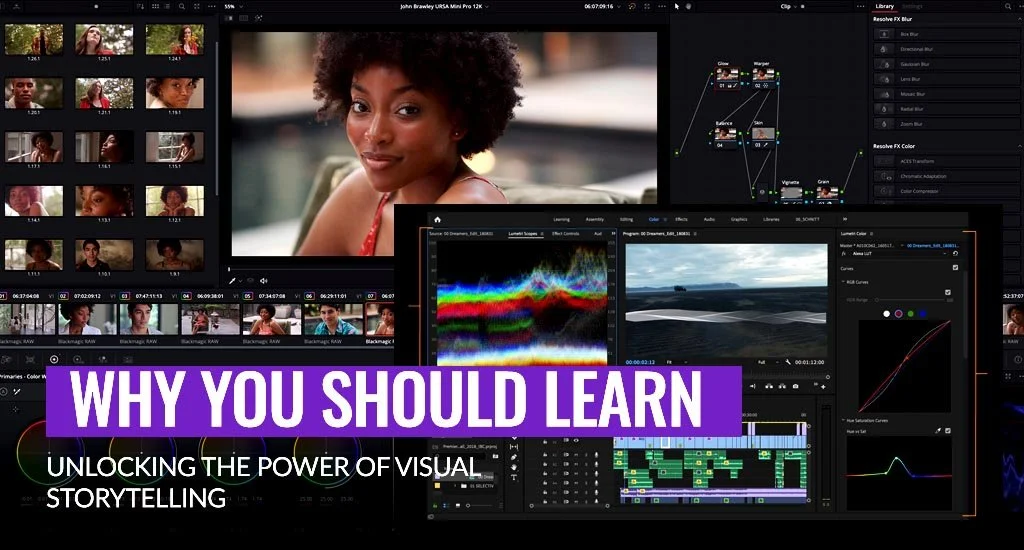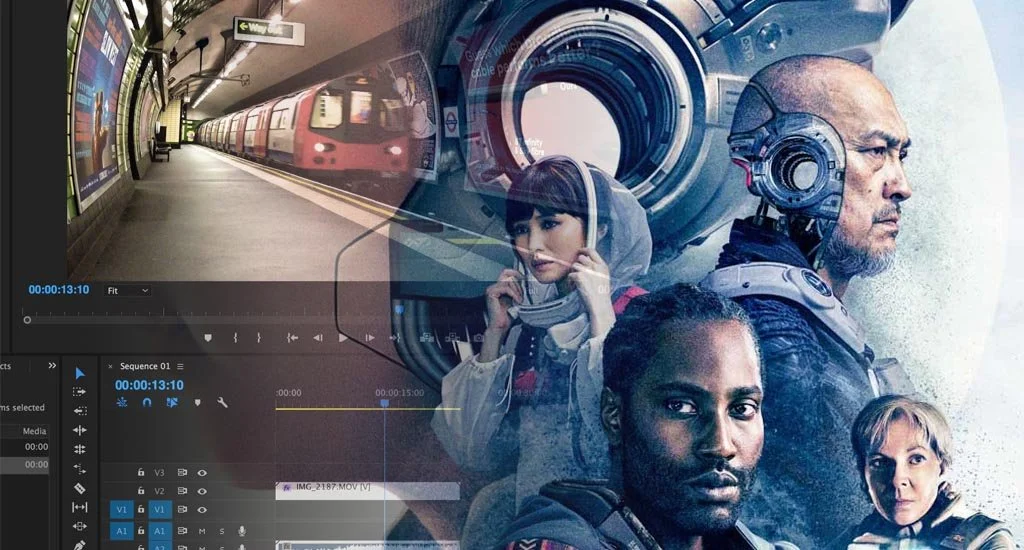Why You Should Learn Color Grading: Unlocking the Power of Visual Storytelling
In the dynamic world of filmmaking and video production, the importance of color grading cannot be overstated. The art of color grading enhances the visual storytelling experience, transforms the mood and atmosphere of your content, and can even save you money when you can't afford a professional colorist. In this article, we will explore the reasons why you should learn color grading and how it can benefit your creative endeavors.
1. Understanding Color Science
To master color grading, it's crucial to have a foundational understanding of color science. This knowledge enables you to manipulate colors effectively, create compelling visual narratives, and evoke specific emotions in your audience. By diving into color science, you'll gain a deeper appreciation for the subtleties of color and its impact on storytelling.
2. The Power of Industry-Standard Programs
One of the key steps in your journey to becoming a proficient color grader is getting familiar with industry-standard software. DaVinci Resolve is widely regarded as the go-to tool for professional color grading. This comprehensive software offers a wide range of features, from color correction to advanced grading techniques. By learning DaVinci Resolve, you'll be positioning yourself as a versatile and competitive player in the world of video production.
3. Simplicity in Complexity
DaVinci Resolve and other professional grading tools may appear complex at first, but they don't have to be intimidating. With practice and guidance, you can unlock the software's potential and use it to bring your creative vision to life. Learning the ropes of color grading can be a rewarding experience, and the results will speak for themselves in the quality of your work.
4. Harnessing the Power of Simplicity
Even simple color grading can have a profound impact on your projects. Whether it's adding warmth to a romantic scene, intensifying the tension in a thriller, or creating a nostalgic look for a period piece, basic color grading techniques can go a long way in enhancing the visual storytelling of your content.
5. Cost-Efficiency and Independence
One of the most significant advantages of learning color grading is the cost savings. Not everyone has the budget to hire a professional colorist, and that's where your skills come into play. By being self-sufficient in color grading, you can have greater creative control over your projects, eliminating the need for costly outsourcing.
6. Custom LUTs: Your Creative Signature
Learning color grading allows you to develop your own custom Look-Up Tables (LUTs). These are pre-defined color transformations that you can apply to your footage to achieve a consistent and unique look for your films. By creating custom LUTs, you can add a distinctive touch to your work, making it instantly recognizable and memorable.
7. Transitioning to Professional Services
As you hone your color grading skills, you may discover an opportunity to offer these services to others. Transitioning into professional color grading can be a lucrative endeavor, especially if you develop a reputation for delivering high-quality work. This adds a new dimension to your filmmaking journey and opens up possibilities for additional income streams.
In conclusion, learning color grading is a valuable skill for any filmmaker or videographer. It empowers you to take control of the visual storytelling process, reduce costs, and add your unique signature to your work. As you grow and develop your color grading abilities, you might even find opportunities to provide these services professionally.
So, don't shy away from the apparent complexity of color grading. Embrace it, learn it, and watch your creative projects reach new heights with the transformative power of color.





